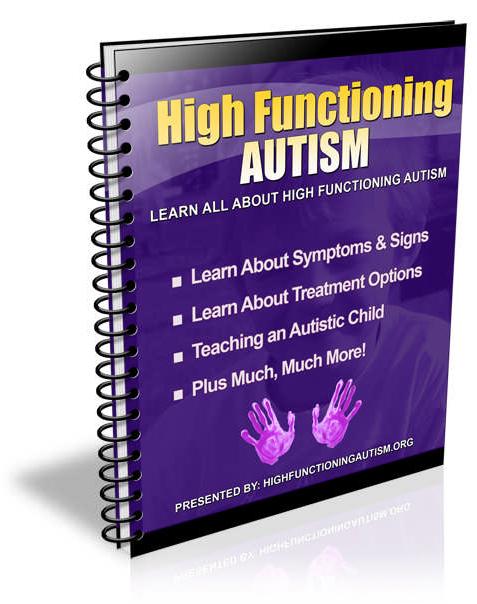
One of every 110 children is diagnosed with autism. If you haven’t yet met a person with this disorder, you’ve probably seen it depicted in the media.
Typically characters like Raymond Babbitt, from the hit film “Rain Man,” or Max, a child on the popular NBC show “Parenthood,” are portrayed as exceptionally skilled or high functioning individuals.
Other perceptions of the disorder may bring to mind children who are “locked in their own worlds,” and can’t communicate at all.
The truth is, people with autism can have very different symptoms. Health care providers think of autism as a “spectrum” disorder, a group of disorders with similar features. One person may have mild symptoms, while another may have serious symptoms.
Some people may have difficulty speaking, while others may have extensive vocabularies and be able to discuss topics that interest them at great length.
What, exactly, is this disorder that seems to effect individuals so differently?
Autism is a general term used to describe a group of complex developmental brain disorders known as Pervasive Developmental Disorders (PDD).
“Basically, it is a brain disorder that shows itself in children around the age of 15-18 months, although some show symptoms earlier or later,” said Masoud Ahdieh, M.D. “Autistic children don’t progress at the same rate as others in their age group. Parents may notice things like social interactions, play and speech are not developing, and often autistic children seem withdrawn.”
Within this general group, there can be different levels of severity, and combinations of symptoms. The disorder affects the way people perceive the world, and makes communication and social interaction difficult.
People with autism often have some physical difficulties as well. Epilepsy, and seizure disorders, are not uncommon, gastrointestinal problems, like constipation, diarrhea or stomach pain, are found to be another recurring complaint, also inability to sleep and very high or very low sensory perceptions.
Some with the disorder experience less sight, smell or taste, while others have heightened awareness of the senses and can be easily overwhelmed by things that make them uncomfortable.
Each individual must be treated as that, there is no blanket description. The underlying trait autistics seem to have in common is difficulty interacting with others and delayed language development.
The symptoms of autism last throughout a person’s lifetime. a mildly affected person may seem eccentric, or quirky, while a severely affected person may be unable to speak or care for themselves.
While the disorder is not curable, early intervention is crucial to an individual’s ability to function later in life.
“Children who are diagnosed early, and receive the proper treatment, have a better chance of being able to cope more and have improved interactions with others when they are older,” said Ahdieh.
Today, more children are diagnosed with autism than ever before – more than pediatric AIDS, diabetes and cancer, combined. yet only a fraction of health care spending is dedicated to this disease.
It is generally accepted that the increased number of diagnosed cases can be attributed to better diagnostic tools and information.
No one knows for sure what causes autism, but evidence points toward it possibly being a genetic disorder. The idea that autism was caused by the multiple-dose vaccinations given to young children has been debunked, and called an “elaborate fraud.”
“Autism is not an uncommon disease,” said Ahdieh. “it is something that needs more attention than what it is receiving now, and parents of autistic children need to have a support network to which to turn.”
“some of the challenges I face, as a parent of a child with autism, are after school and summer assistance,” said Emily Tucker. “many children on the Autism Spectrum have a lot of regression during the summer months, when their routines are disrupted. it is so important to keep a regular routine for these kids. Most of our children receive services like speech and occupational therapy during the day, while in school, but cannot afford the assistance through summer months.”
The local Autism of N.C. Richmond County Chapter meets the second Saturday of January, March, may, July, September and November at 10 a.m. in FirstHealth Richmond Memorial Hospital.
Staff writer Kelli Easterling can be reached at (910) 997-3111 ext. 18, or by email at